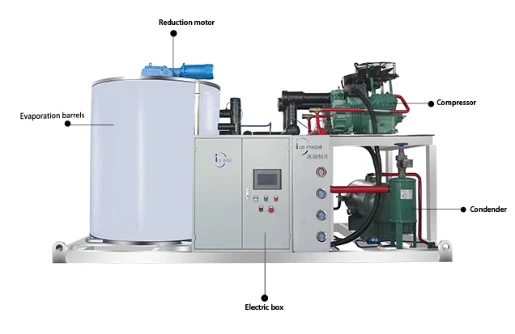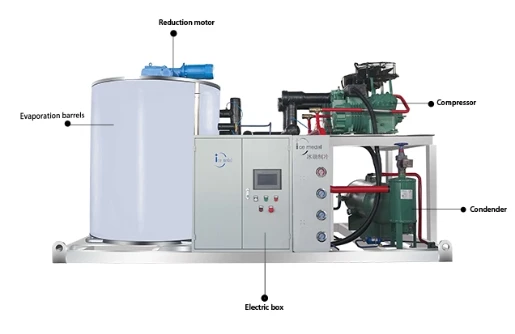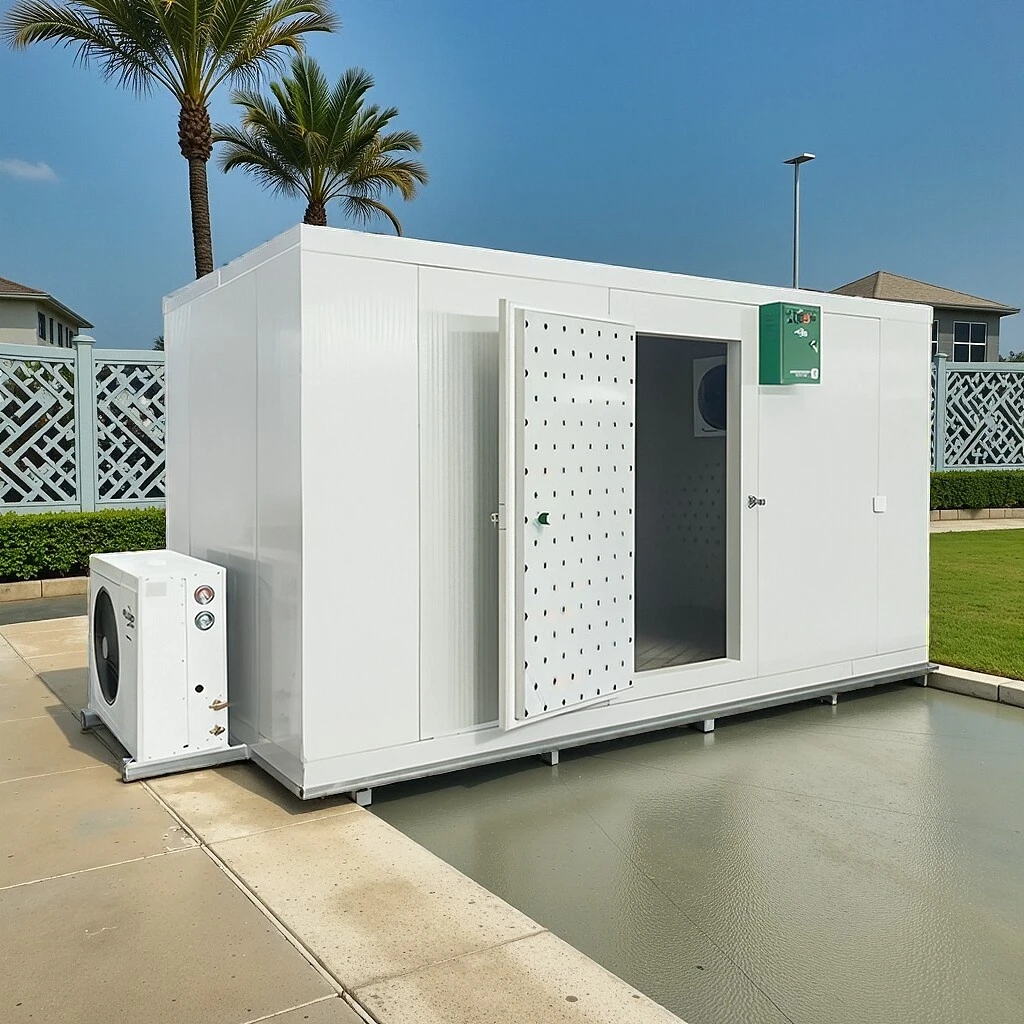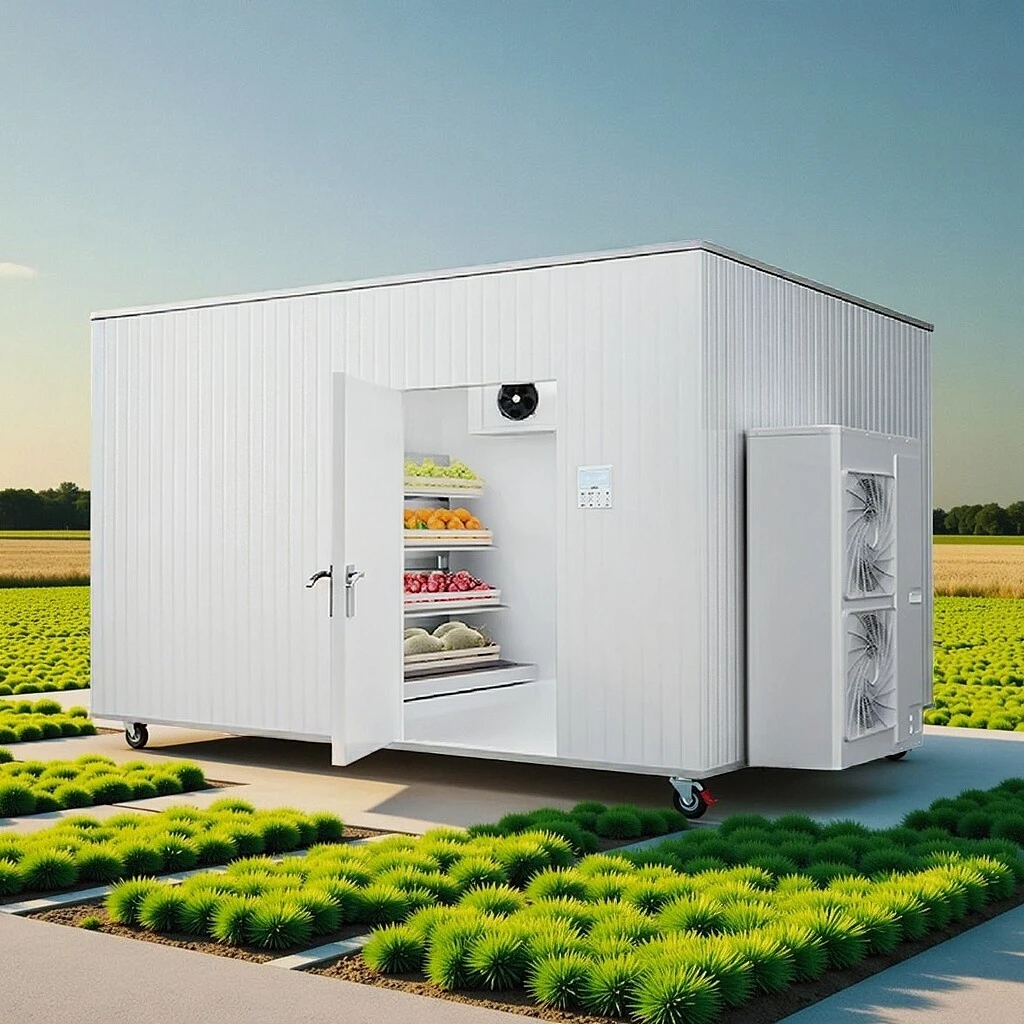Industrial Chiller Operation and Maintenance Training for Manufacturing Facilities
Understanding Industrial Chiller Training in Factories
Industrial chillers play a critical role in various manufacturing processes, ensuring that temperatures remain consistent and suitable for products or equipment. From food and beverage production to pharmaceuticals and plastics, chillers are essential for maintaining quality, safety, and efficiency in operations. As industries grow more complex and regulated, the need for specialized training in the operation and maintenance of industrial chillers has become increasingly important. This article explores the significance of industrial chiller training in factories, highlighting its benefits, components, and implementation strategies.
Importance of Industrial Chiller Training
First and foremost, proper training in chiller operation is crucial for ensuring the safety of personnel and equipment. Industrial chillers use refrigerants that can be harmful if not handled correctly. Training provides employees with the necessary knowledge to manage these substances safely, including understanding the risks associated with refrigerant leaks or malfunctions.
Furthermore, well-trained staff can identify early signs of wear or failure in chiller systems. Early diagnosis of potential issues can prevent costly downtime, energy wastage, and extensive repairs. By providing employees with the skills to troubleshoot common problems, factories can enhance productivity and reliability, giving them a competitive edge in the market.
Components of Chiller Training
An effective industrial chiller training program typically covers several key components
1. Fundamentals of Refrigeration This foundational knowledge helps employees understand how chillers work, including the principles of thermodynamics, heat exchange, and refrigerant cycles. Understanding these concepts is essential for operators to effectively monitor and control chiller performance.
2. System Components Training should include an overview of the various components of chillers, such as compressors, evaporators, condensers, and expansion valves. Employees should learn how each part functions and how they contribute to the overall operation of the system.
3. Operational Procedures Practical training sessions should focus on operational best practices, including start-up and shutdown procedures, regular operational monitoring, and effective control strategies. Employees should understand the importance of following these routines to optimize performance and reduce the likelihood of malfunction.
industrial chiller training factories
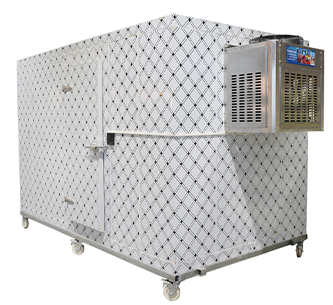
4. Maintenance and Troubleshooting Regular maintenance is vital to extend the lifespan of chiller systems. Training should teach participants how to perform routine checks, seasonal maintenance tasks, and how to identify and address common issues. This could involve hands-on training with tools and equipment used in maintenance tasks.
5. Regulations and Safety Protocols With increasing environmental regulations, training should emphasize compliance with local and international standards. This includes understanding the environmental impacts of refrigerants and adhering to safety protocols to protect workers and the surrounding environment.
Implementation Strategies
To create an effective training program, factories can adopt several strategies
- In-House Training Many companies choose to implement internal training programs utilizing experienced employees to train new hires. This approach can foster a culture of safety and continuous improvement within the organization.
- Partnership with Training Institutions Collaborating with technical schools or trade organizations can provide access to professional training programs. These institutions often have the expertise and resources to deliver comprehensive chiller training.
- Online Training Resources With the growth of digital learning, online courses can offer flexibility and accessibility to employees across various locations. This option allows staff to learn at their own pace while maintaining their regular work schedules.
- Certification Programs Encouraging employees to pursue certification in chiller operation and maintenance can enhance their skills and the overall competency of the workforce. Certifications often require passing assessments that ensure a solid understanding of best practices and safety measures.
Conclusion
In conclusion, specialized training in industrial chiller operation and maintenance is essential for ensuring safety, efficiency, and compliance within manufacturing settings. By investing in comprehensive training programs, factories can not only improve their operational capabilities but also cultivate a skilled workforce ready to face the complexities of modern industrial processes. Ultimately, enhanced training leads to better productivity, reduced costs, and a safer working environment, making it an invaluable asset for any manufacturing facility.



